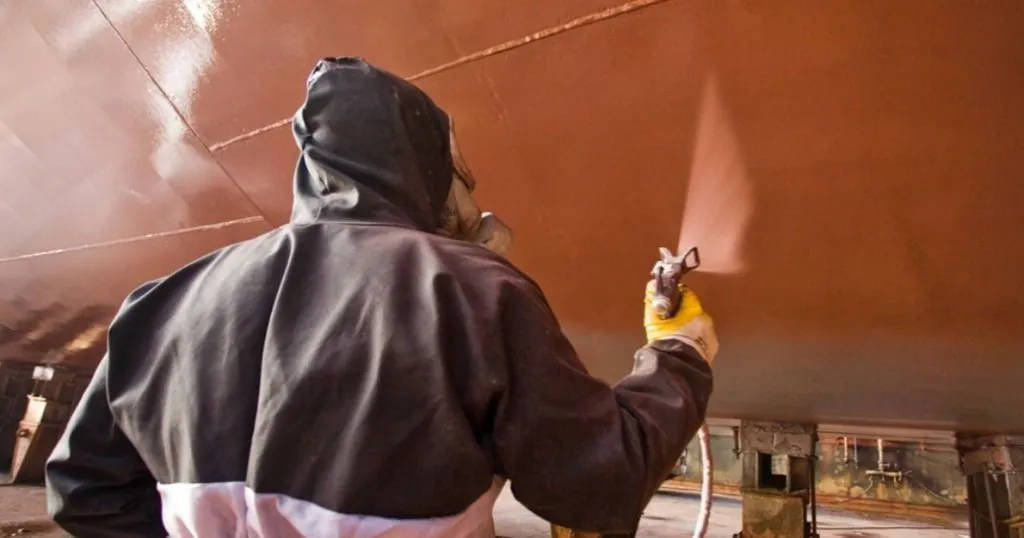10 reasons why AV tool Viso is beneficial for video feedback [INFOGRAPHIC]
![10 reasons why AV tool Viso is beneficial for video feedback [INFOGRAPHIC]](https://mescalero.noldus.com/storage/core-blog/viso-tool-for-effective-video-feedback-1652087336.webp)
Receiving real and honest feedback can be considered as a main source of learning. It will help evaluate your own learning process and identify gaps, which results in better achievements.
Posted by
Published on
Thu 19 May. 2022
Topics
| Debriefing | Education | Skills Training | Video Feedback | Viso |
Receiving real and honest feedback can be considered as a main source of learning. Whether you want to learn how to have a conversation with a patient or a staff member, what the best way is to pitch your new product or service, how to best communicate with your team, or if you need to learn a technical skill, for example CPR. §Feedback will help evaluate your own learning process and identify gaps, which results in better achievements.
Developing more effective learning strategies
Feedback allows knowing where and how people can improve their skills by letting them confirm, correct, fine tune, or restructure their knowledge or beliefs. §Effective feedback can boost the motivation to improve. One of the main features of effective feedback is understandability and clarity.
Video feedback provides these features. Studies indicate that video feedback is:
- personal and motivating to revise
- easier to understand and more detailed which makes it more useful
- supportive for student-teacher communication and interaction
- effective in revealing weaknesses and strengths
- supportive of learning
Tool to provide effective video feedback
Viso has been developed to provide audio and video feedback in learning processes. It can record and play back scenarios, training sessions, and role-plays in an easy to use way. §Both after and during the recording of the video, markers and comments can be placed at moments that are of interest and important for the learning process, with the simple press of a button.
The actions, behaviors, and interactions of the learners are recorded and can be assessed during debriefing. This allows to learn new skills and improve already existing skills.
Also read:
Why use video feedback in education
How to debrief a training session
Effectiveness of video feedback in education
10 reasons why AV tool Viso is beneficial for video feedback
There may be many reasons to choose an AV system. This infographic shows the top 10 reasons why Viso turns out to be the best tool to use for video feedback.

Get to know this multi-room AV tool
Due to the continuous development of the product, Viso has already reached version 11. All this progress has made the system faster, more secure, and more user-friendly.
Viso is well-organized and has a super quick playback function to name a few interesting gains. All you need is stored in one system. Do you want to check out if this tool works for you? Request a free demo now, the choice is yours!
References
- The importance of feedback
- Yiğit, M.F. & Seferoglu, S.S. (2021). Investigating the Effect of Video-Based Feedback on Perceived Feedback Quality. Pamukkale University Journal of Education, 51, 92-122. https://doi.org/10.9779/pauefd.707224
Related Posts

A story told: using an AV lab to teach skills for counseling psychology



